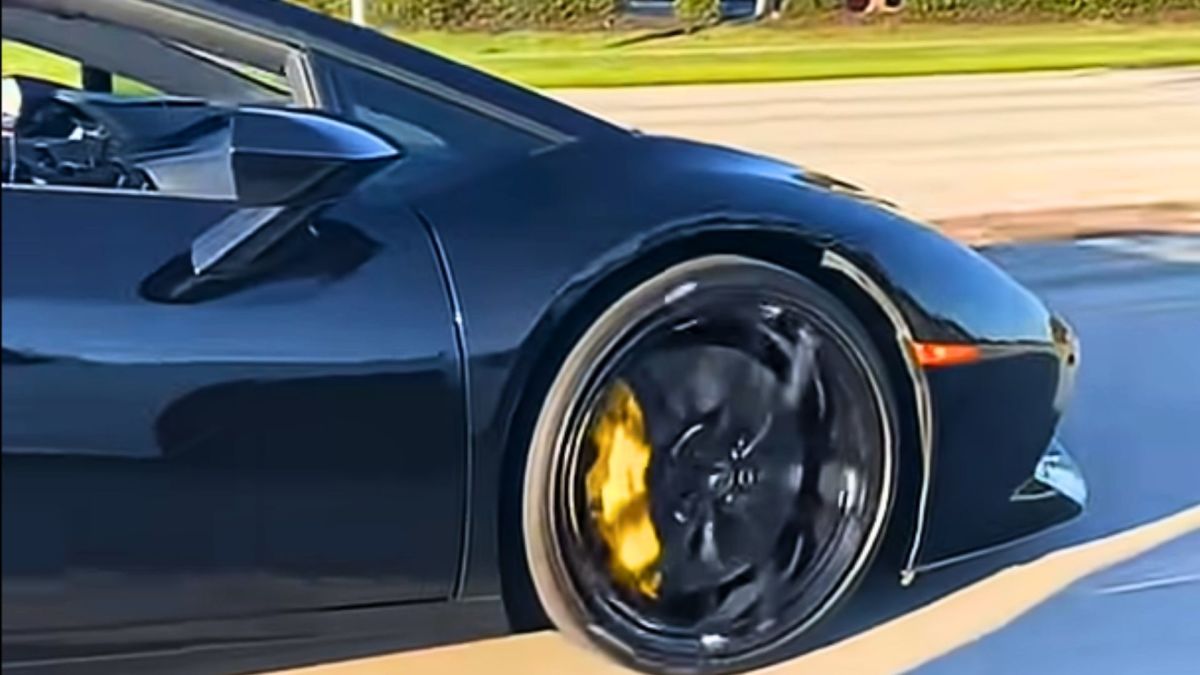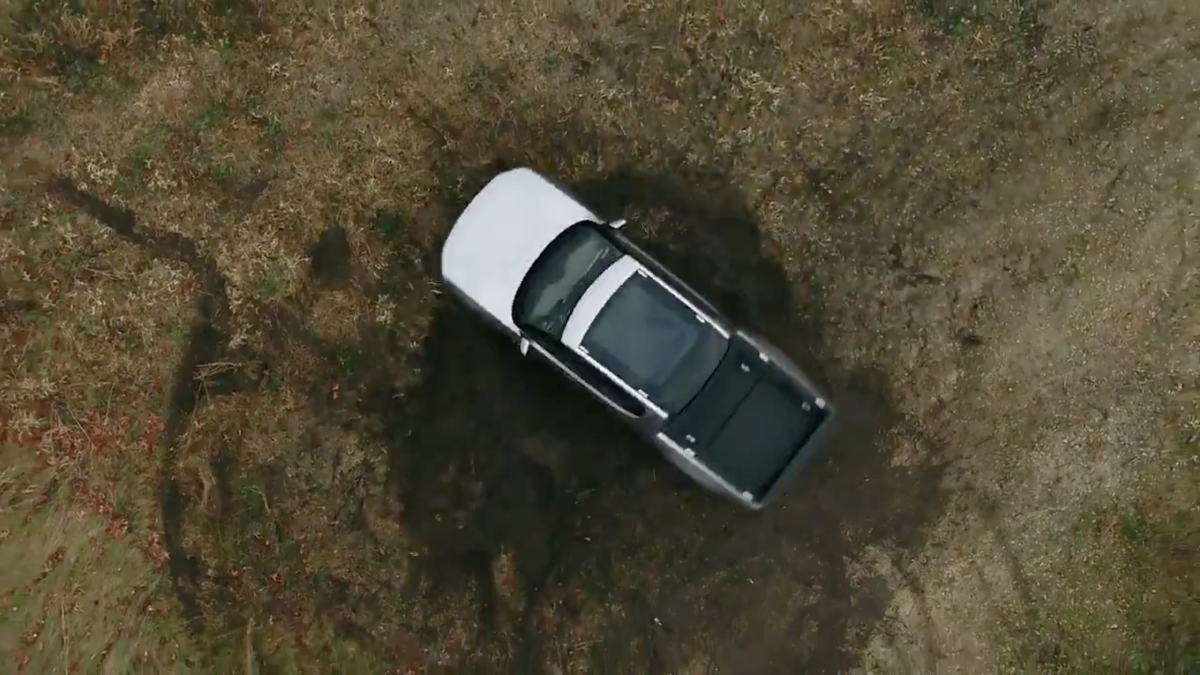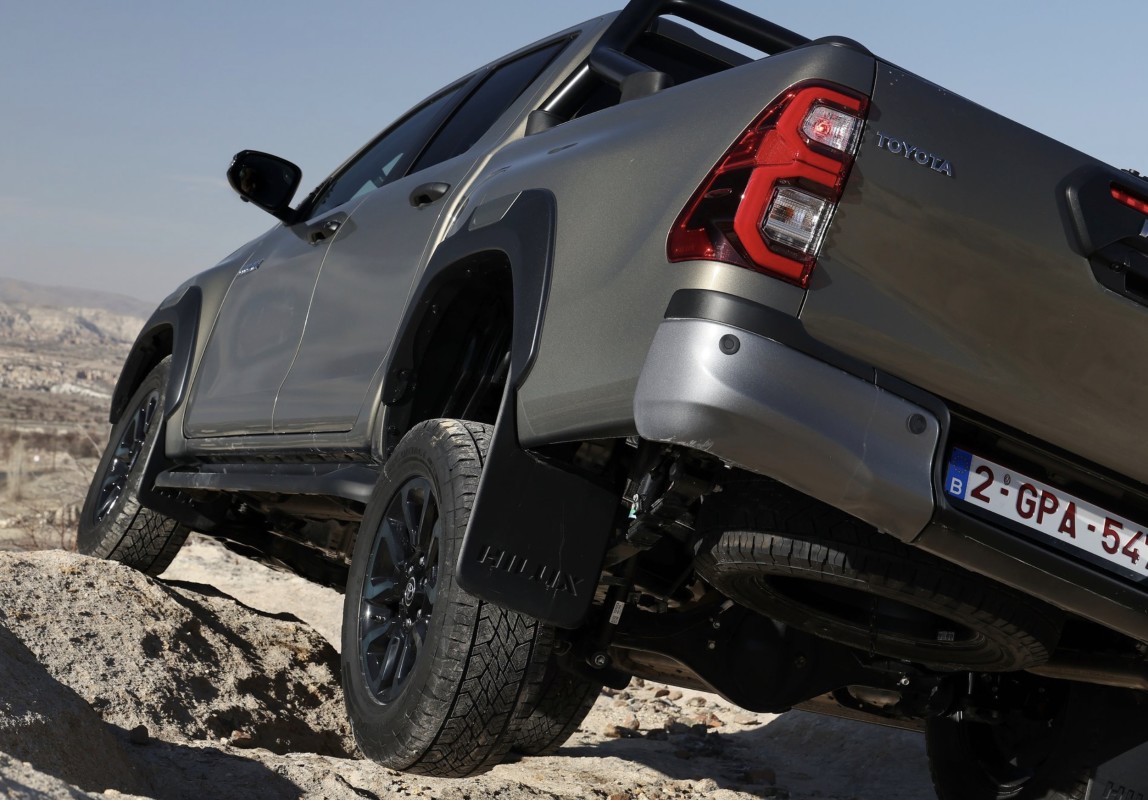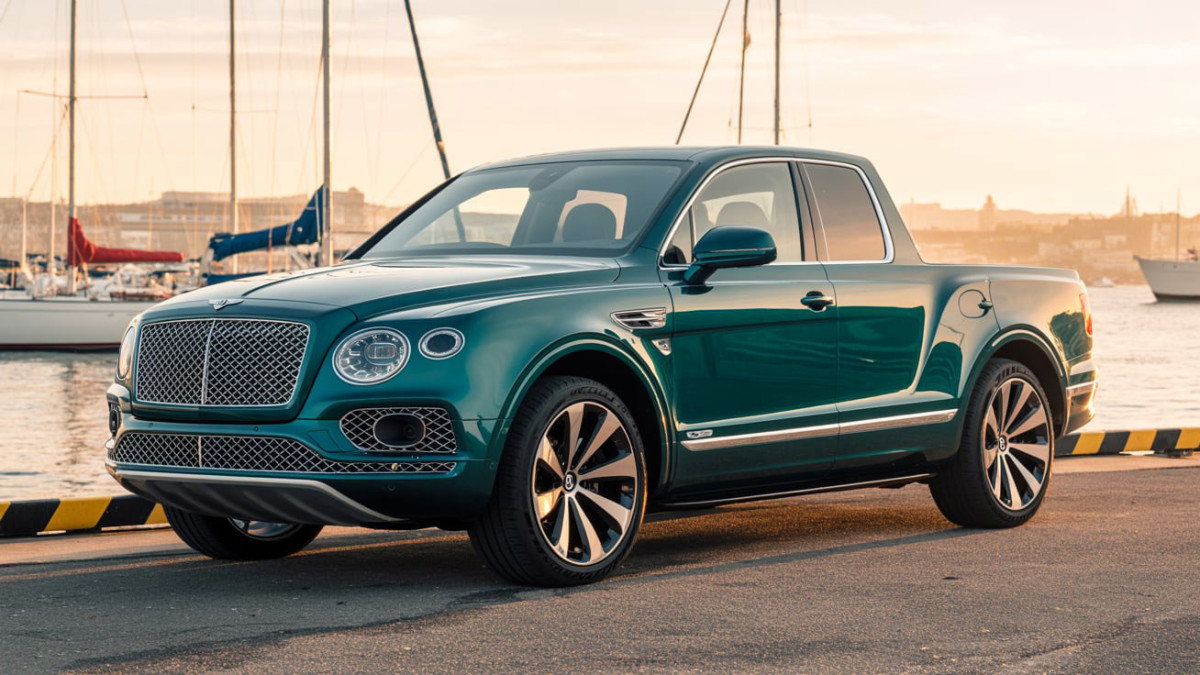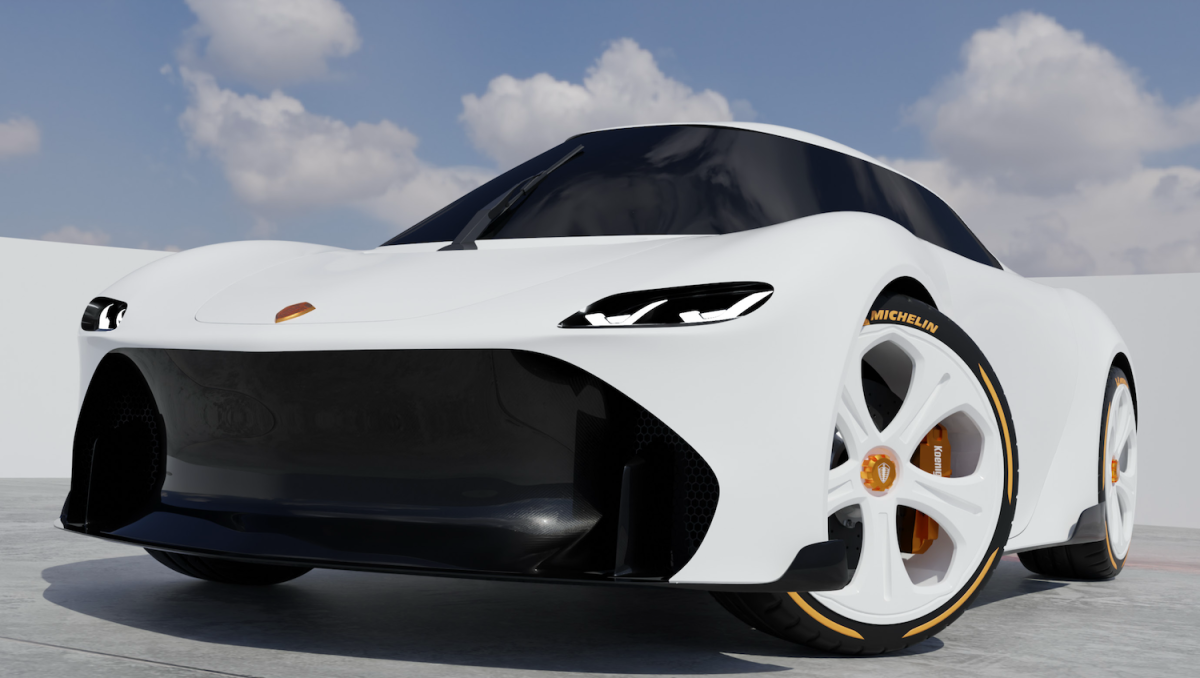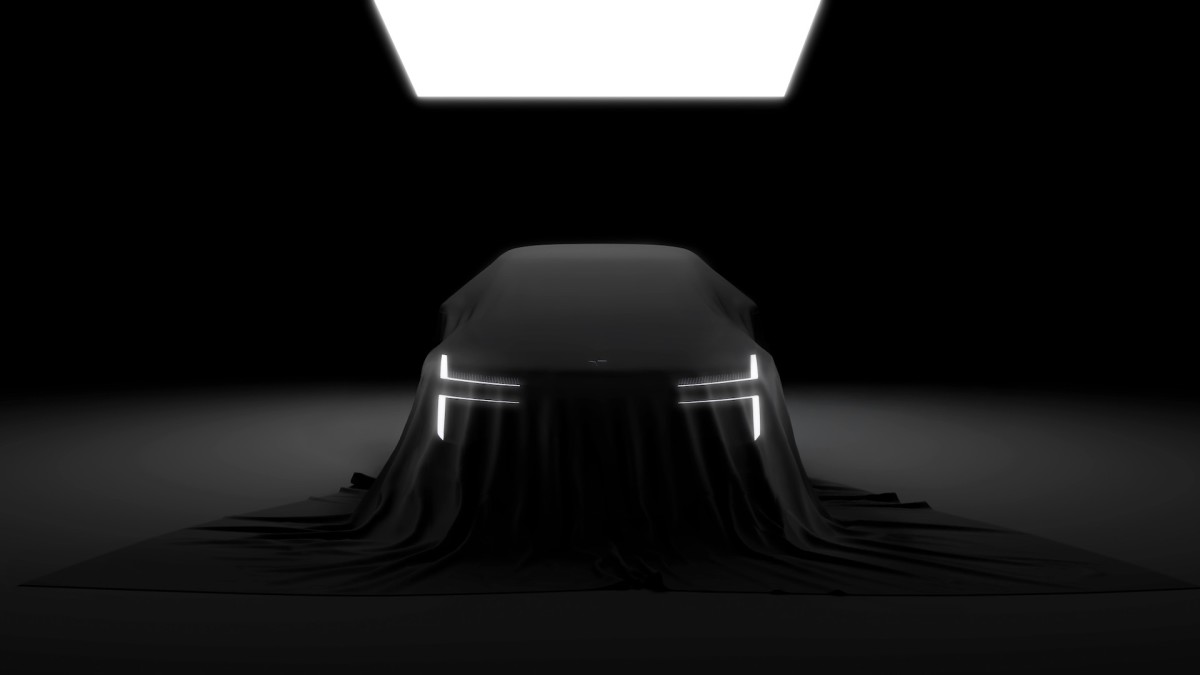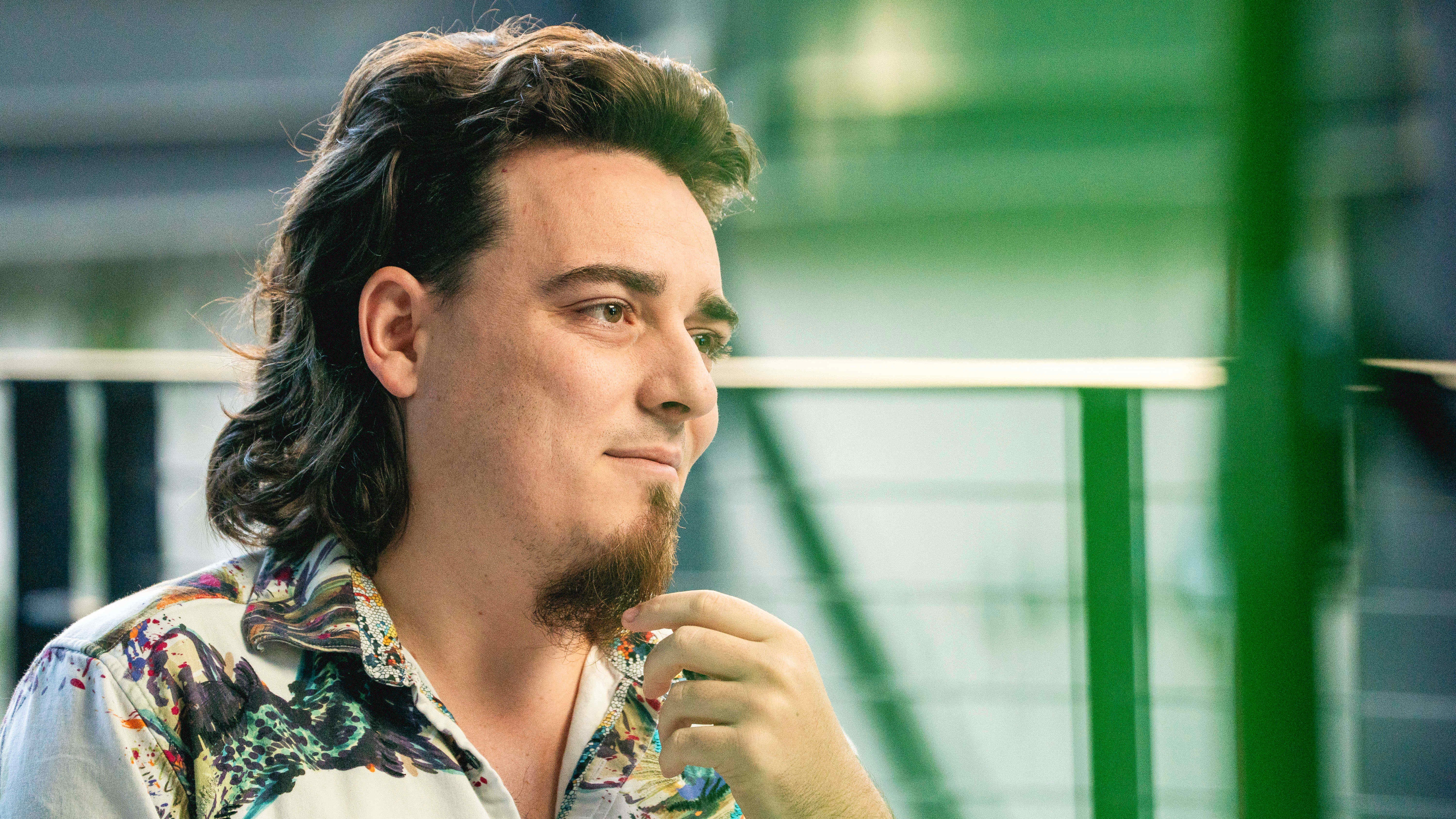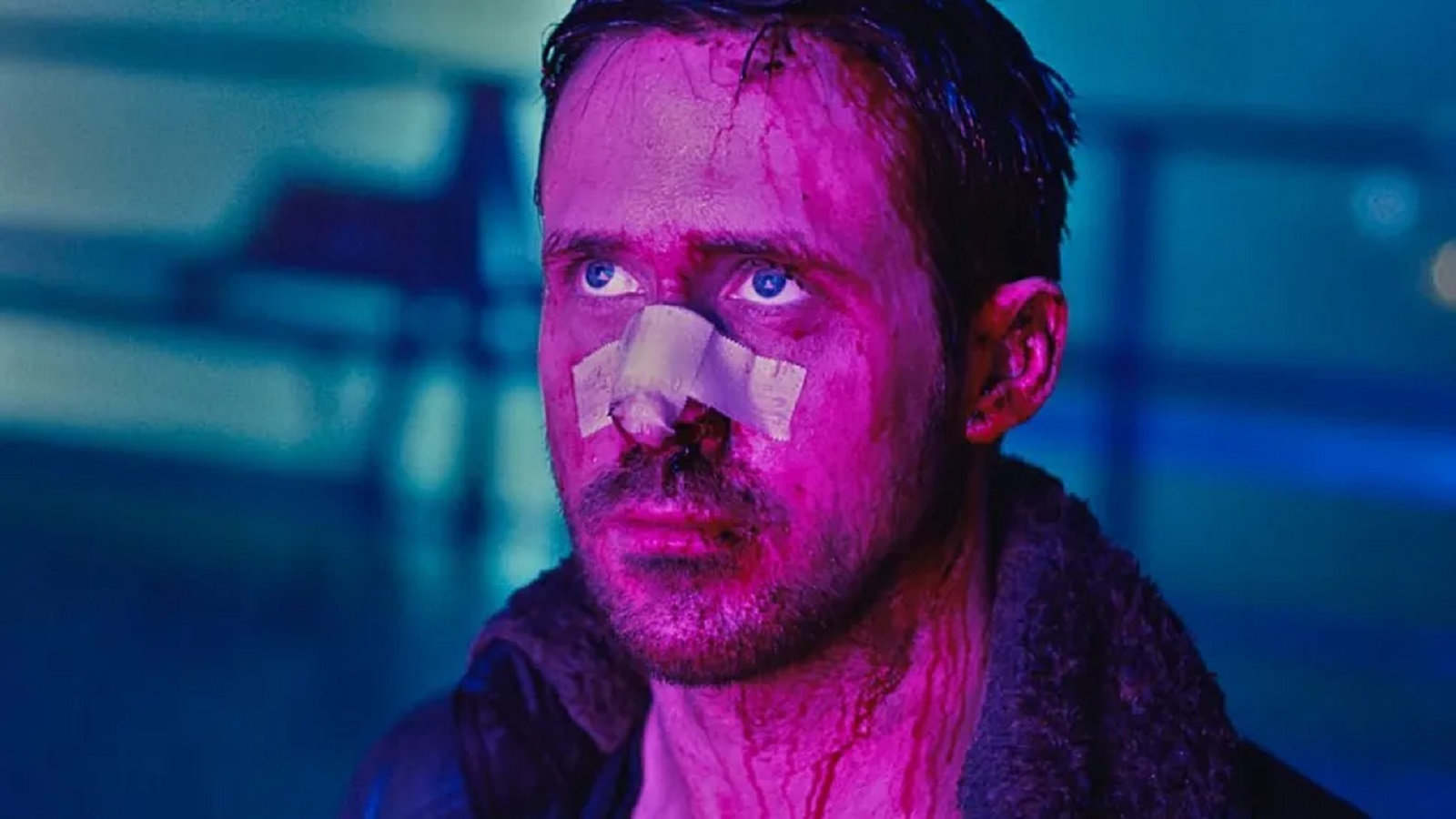Tesla Model Y L Aces Elk Test at 72 MPH Fully Loaded
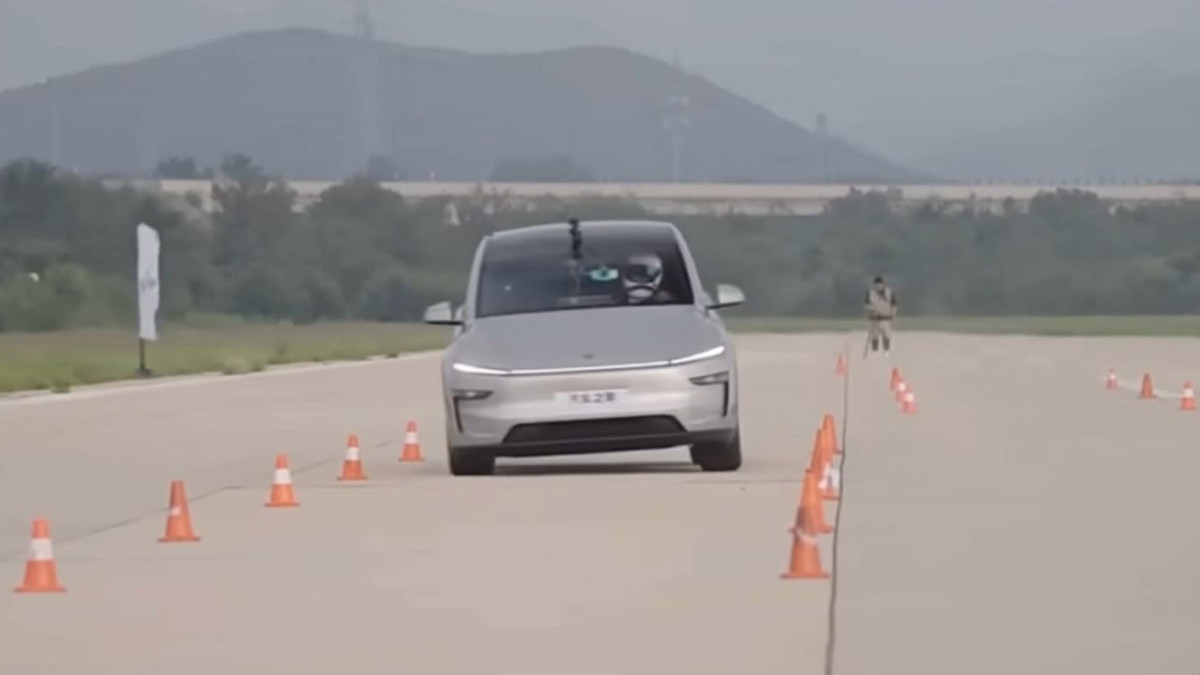
Tesla’s long-wheelbase Model Y L, built for the Chinese market, has just breezed through one of the toughest vehicle-handling challenges in the business: the elk test. At 72 mph with six adults onboard, the stretched SUV slalomed through cones without a knock, setting a new benchmark for stability in a segment where most SUVs start flailing at 50. Chinese Ministry of Industry and Information Technology
It’s an eye-catching feat, but it’s also a reminder that in the middle of lawsuits, controversies, and customer backlash, Tesla can still deliver a car that performs where it counts.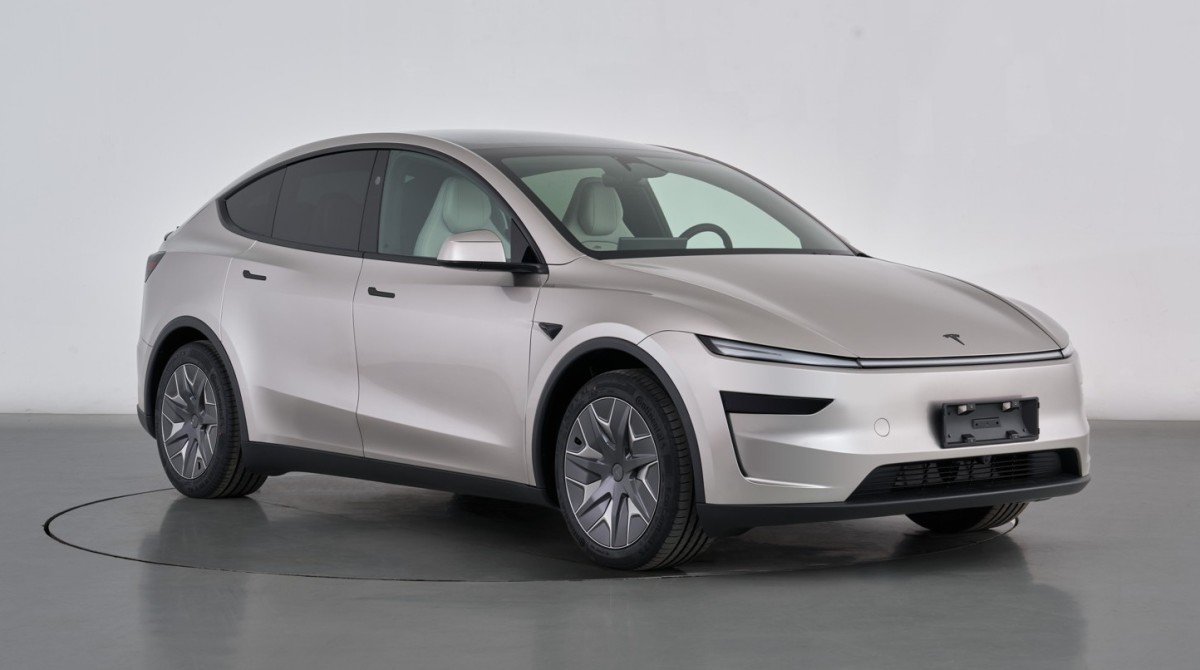
A Bigger Body, But Surprisingly Agile
The Model Y L is longer and roomier than the standard Y, with six proper seats and a comfort-oriented suspension. Yet, when Chinese bloggers threw it into the moose test, the results were far from lumbering. Adaptive dampers, revised steering, and subtle suspension tweaks allowed the big EV to remain calm at speeds that would embarrass rivals.
It’s a significant win for Tesla’s engineers — particularly as the company wrestles with questions over whether its tech is being oversold. Only this week, a California judge ruled that Tesla drivers can move forward with a class action over Full Self-Driving claims, arguing that Elon Musk’s statements may have misled buyers. Against that backdrop, the elk test acts as a reminder: marketing spin or not, some Teslas still back their promises with performance.
Why The Elk Test Matters to Tesla Now
The moose test isn’t just a stunt. Originating in Sweden in the 1970s after rollover crashes, it’s designed to simulate emergency obstacle avoidance — a real-world scenario. Most family SUVs are deemed “good” if they can survive it at 50 mph. The Model Y L did it at 72 mph fully loaded, and testers say it could probably push even higher with fewer passengers. Chinese Ministry of Industry and Information Technology
That’s a critical narrative for Tesla at a time when customer trust is wobbling. In China, where the Y L is sold, Tesla recently backtracked on its controversial removal of turn-signal stalks after local backlash, restoring them to the Model 3 lineup. Moves like this suggest Tesla is finally listening more closely to drivers — and strong safety performance adds weight to that pivot.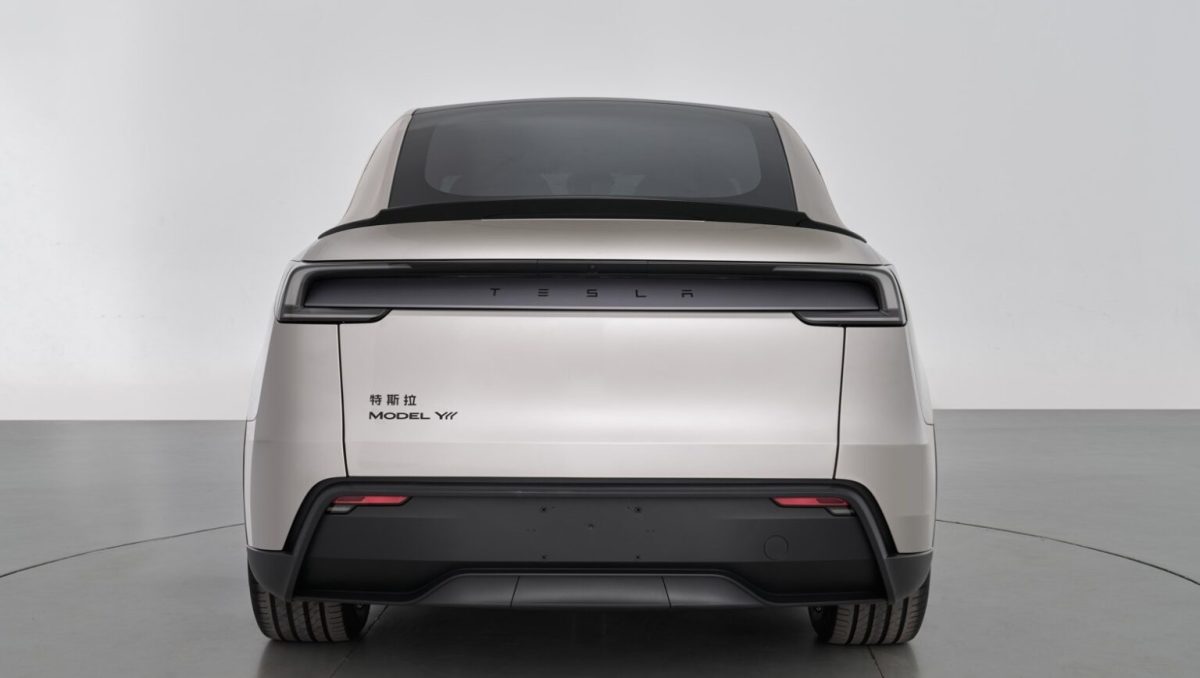
The Bigger Picture: Handling vs. Hype
The question Tesla faces isn’t whether it can build quick, clever cars. It’s whether it can win back the confidence of drivers who are tired of half-delivered promises. Full Self-Driving, still priced at $8,000, continues to divide opinion, with analysts highlighting strengths like lane changes but weaknesses in city streets.
Against that backdrop, physical proof of capability — like a fully loaded elk test success — may be Tesla’s best rebuttal. While lawsuits drag on in courtrooms and software updates creep forward, it’s the cold, hard tests like this one that tell buyers what they’re really getting for their money.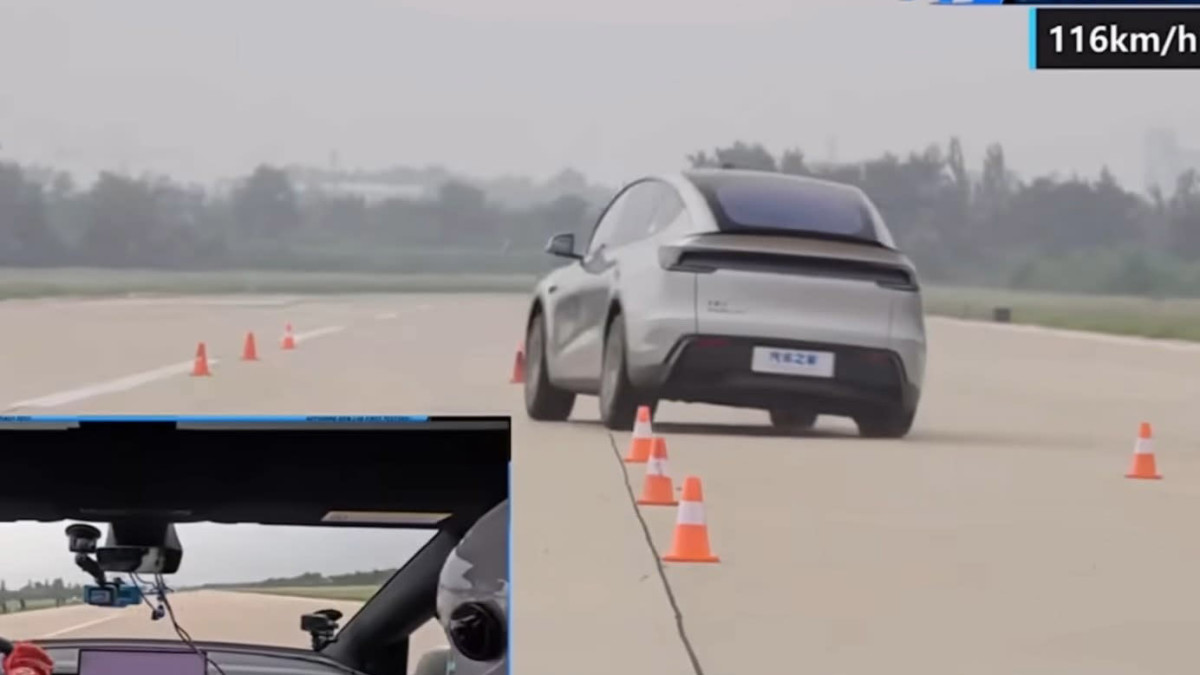
The Takeaway
Tesla’s Model Y L didn’t just ace the elk test — it aced the narrative test too. In a market that’s growing weary of courtroom drama and overpromises, showing an SUV that can swerve at 72 mph with six passengers is a reminder that some Teslas still walk the walk.
Whether it’s enough to balance out the noise surrounding the brand is another question, but for now, at least, the Model Y L’s agility gives Tesla a win it badly needed.
What's Your Reaction?
 Like
0
Like
0
 Dislike
0
Dislike
0
 Love
0
Love
0
 Funny
0
Funny
0
 Angry
0
Angry
0
 Sad
0
Sad
0
 Wow
0
Wow
0
